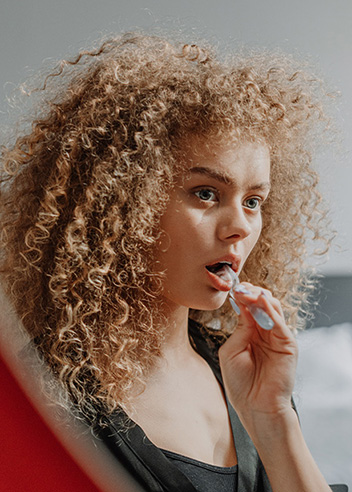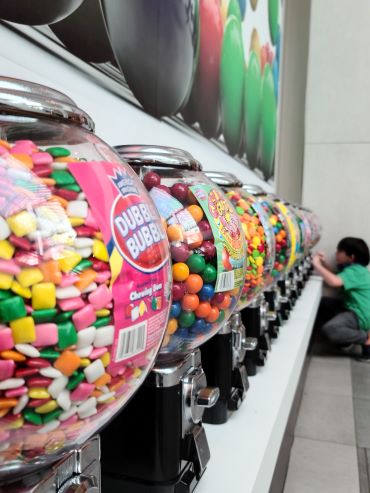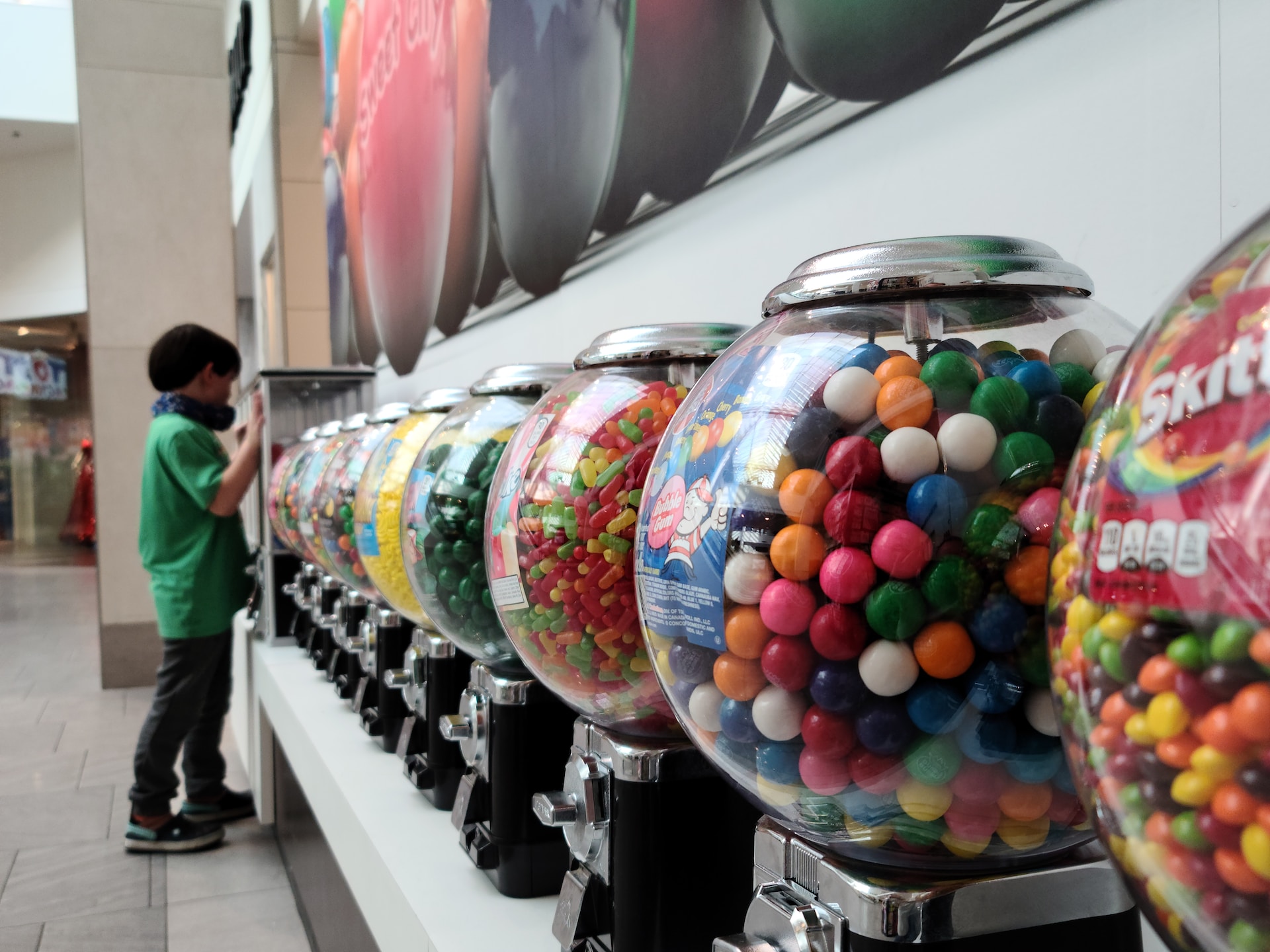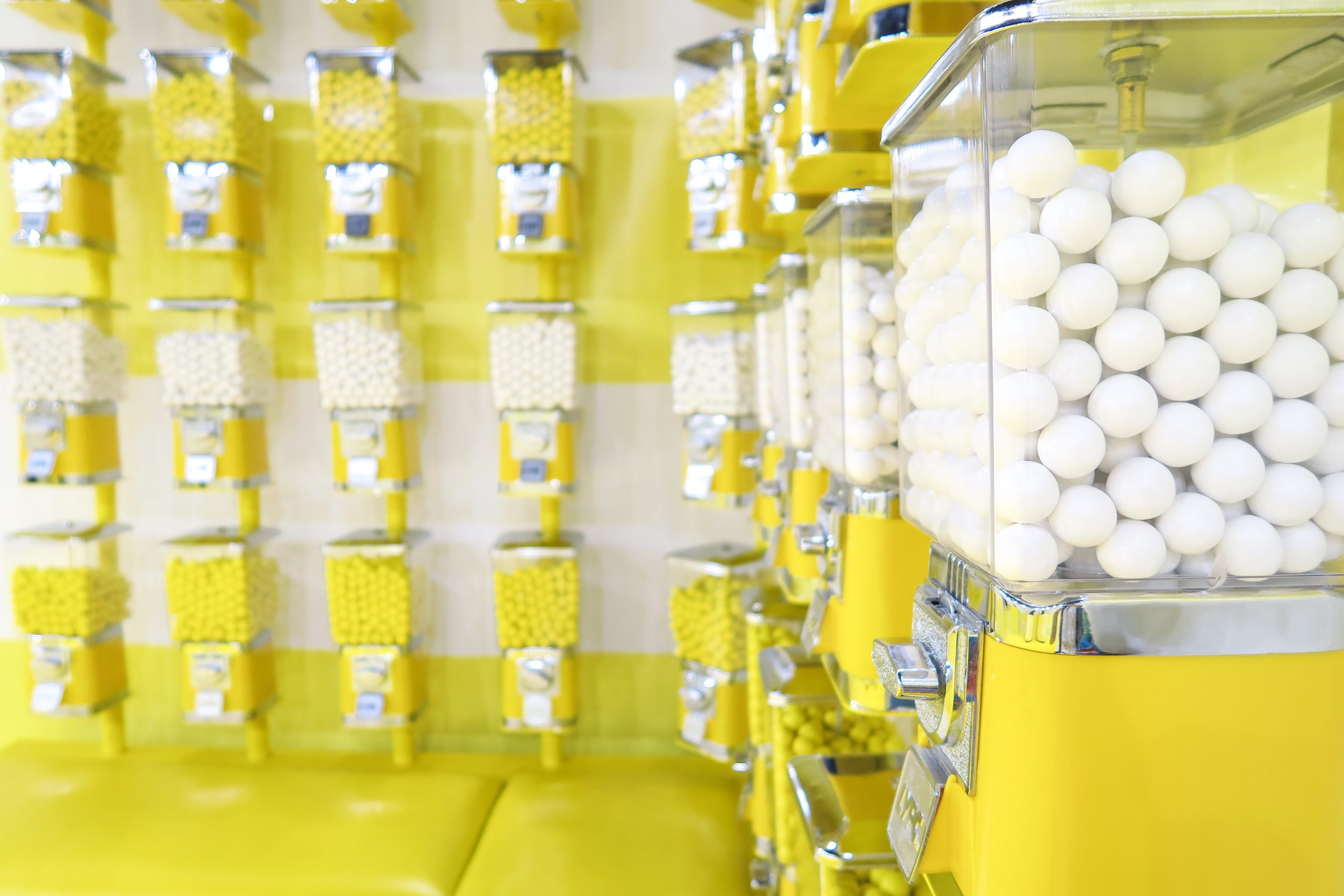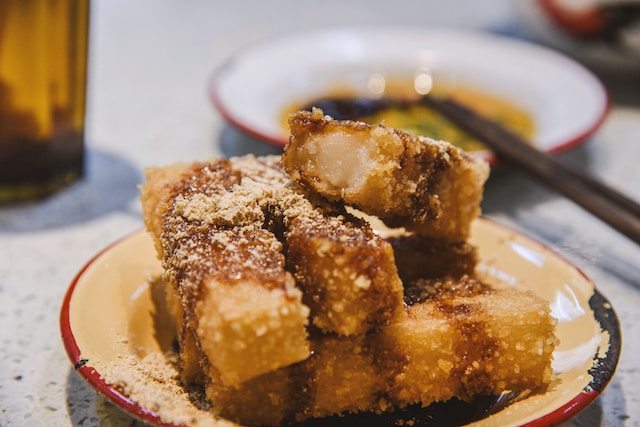I’ll be the first to say that charcoal toothpaste looks kind of cool. After all, it’s as jet black as wearing a pair of sunglasses at night. Before you squeeze this supposedly miraculous toothpaste onto your toothbrush, however, it’s smart to learn more. Does charcoal toothpaste actually whiten teeth? Does it damage tooth enamel?
What’s With All the Hype Around Activated Charcoal Toothpaste?
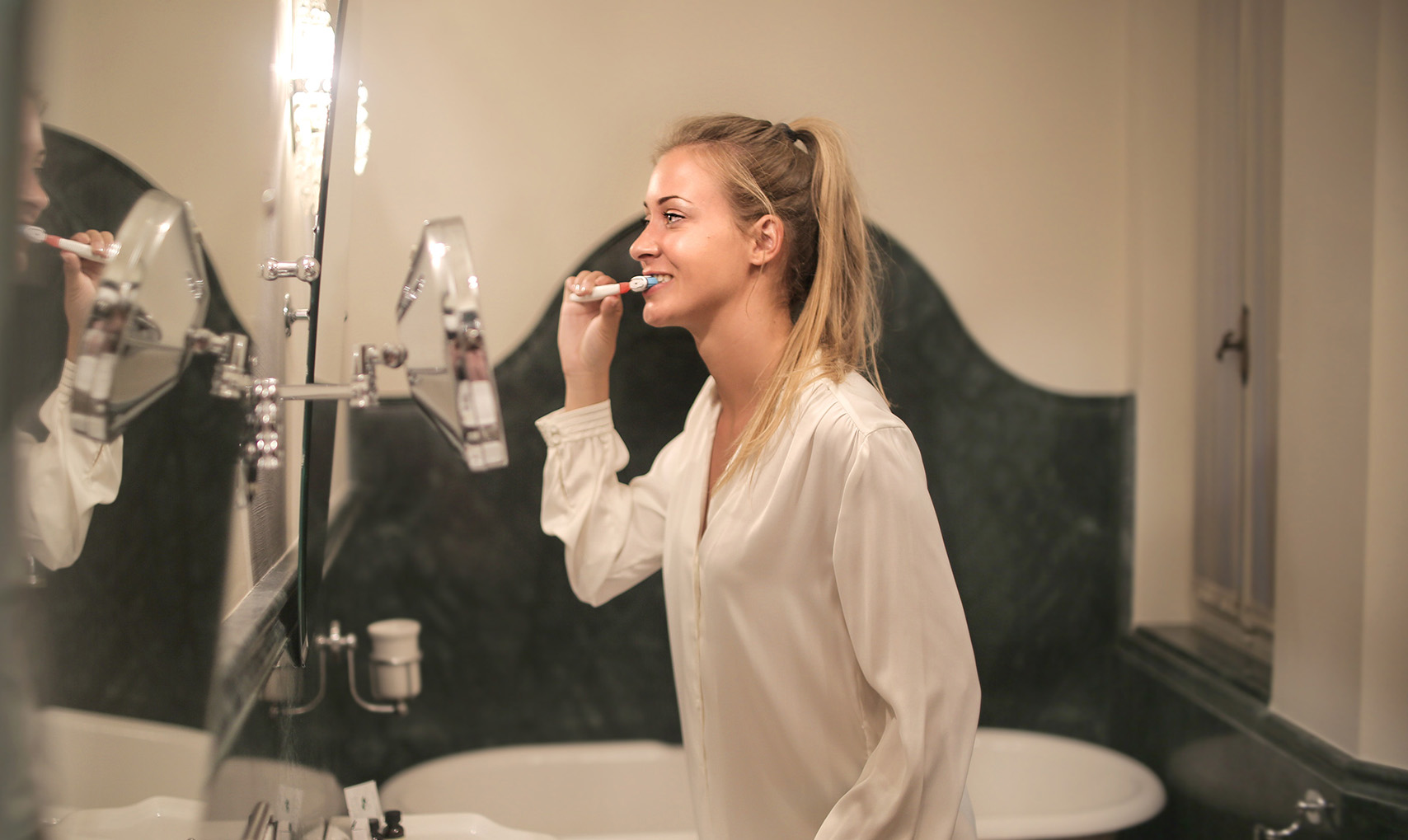
These days, activated charcoal is being used in everything from beauty creams to digestive cleanses. It’s a great absorbent, so the theory is that it acts like a magnet that captures bacteria, germs, toxins and other contaminants. At least in part, there is scientific support for this idea since activated charcoal is used in hospital emergency rooms to treat problems such as drug overdose.
Where things get a little shady (no pun intended) is that charcoal toothpaste manufacturers claim it can have the same effect on tooth stains. They say charcoal whitening toothpastes “absorb” stains and leave your teeth sparkling white.
Does Charcoal Toothpaste Really Whiten Your Teeth?
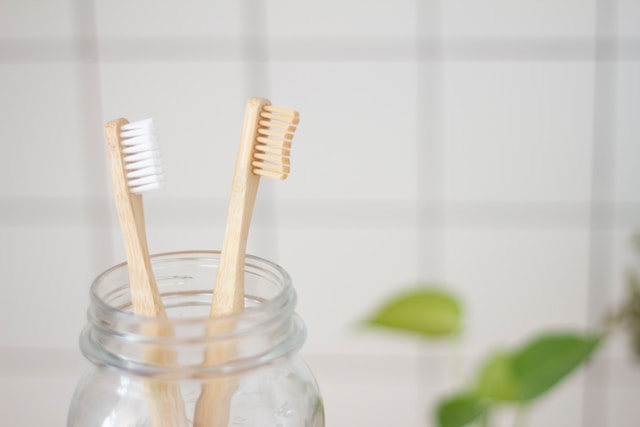
Activated charcoal can help remove surface stains from teeth. This is all about the abrasion. Charcoal toothpaste can scrub away the dark film left by coffee stains, tobacco stains and other stains outside the teeth.
What charcoal whitening toothpaste can’t do is change the color of your actual teeth. If you have naturally darker teeth or age-related staining, charcoal won’t change a thing. For that, you would need a professional bleaching solution for teeth whitening.
Does Charcoal Toothpaste Hurt Your Teeth?

Since people have only really started using activated charcoal in toothpastes fairly recently, the jury is still out on what it may do to teeth. As a mom, however, there a few things about charcoal toothpaste that make me nervous:
- Charcoal toothpaste is aggressive: You know how exfoliating soaps have a gritty feel to them? Toothpaste with activated charcoal is the same. The small charcoal particles can slowly wear down the enamel of teeth as your brush, potentially leaving your teeth more sensitive and vulnerable than normal.
- Charcoal toothpaste doesn’t usually have any fluoride: Your teeth have fluoride, a mineral that helps to strengthen the hard enamel layer that protects them. Fluoride is good for your teeth, which is why it’s usually added to toothpastes. Unfortunately, many charcoal toothpastes don’t contain this important mineral.
- Charcoal toothpaste can make it easier for cavities to appear: When you combine the harshness of activated charcoal with the loss of fluoride your teeth need, the result can be more tooth decay. I wouldn’t recommend that as a mom, and I really don’t want to visit the dentist more often for my own teeth either.
- Charcoal particles can make some teeth look darker: Tiny charcoal particles can be difficult to remove completely. This can leave a black or gray outline around the edges of teeth. If your teeth have any tiny cracks, charcoal can get stuck inside, making the area more noticeable.
- Activated charcoal can irritate your gums: If you have sensitive gums, you may not be happy to hear that charcoal can make them sore. What can happen is that the tiny particles can get stuck underneath your gums, repeatedly scratching them and triggering inflammation.
If you do decide to use charcoal toothpaste (hopefully a brand that does contain fluoride), don’t use it for everyday brushing. Only use it when you think your teeth need a deep cleaning. Try not to brush too aggressively. That way you can take good care of your precious enamel.

